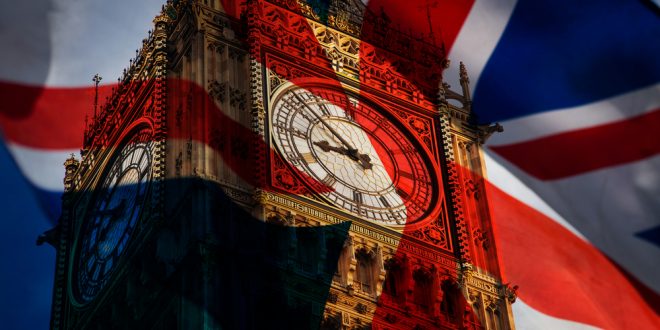Inflation in Britain saw a less-than-expected decline in April, with a key core measure showing resilience, prompting investors to reconsider their bets on a rate cut next month. This development could potentially bolster embattled Prime Minister Rishi Sunak ahead of anticipated elections later this year.
Consumer prices rose by an annual 2.3% last month, marking a significant decrease from the 3.2% increase recorded in March. However, the drop was not as pronounced as anticipated, with forecasts from the Bank of England (BoE) and economists predicting a larger decline to 2.1%.
Services inflation, a crucial indicator of domestically generated price pressures for the BoE, remained higher than expected. Additionally, petrol prices saw an increase, contributing to the overall resilience in inflation figures.
Market Response and Rate Cut Expectations
Sterling surged following the release of the data, leading investors to revise down the probability of a rate cut by the BoE in June from 50% to just 18%. The unexpected resilience in inflation figures shifted market sentiment and reduced expectations for imminent monetary policy easing.
Core inflation, which excludes energy, food, and tobacco, showed persistent price pressures, with the annual rate declining only marginally from 4.2% to 3.9% in March. This reading exceeded expectations, indicating ongoing inflationary pressures in the economy.
Recent labour market data has presented mixed signals on price pressures, particularly with regard to wage growth. The BoE remains cautious about the sustainability of rapid wage growth, which could fuel inflationary pressures across various sectors.
Sunak’s Response and Economic Comparison
Prime Minister Sunak seized the opportunity to highlight the significance of the inflation data, suggesting a return to economic normalcy. However, concerns persist about Britain’s inflation record compared to other Western European countries since 2020, with consumer prices rising by more than 22% over this period.
In addition to inflation considerations, separate data revealed higher-than-expected public borrowing in April, posing challenges for Sunak and Finance Minister Jeremy Hunt. This development raises questions about their ability to deliver tax cuts to voters ahead of the anticipated elections, adding to the political complexity facing the Conservative Party.
 Noor Trends News, Technical Analysis, Educational Tools and Recommendations
Noor Trends News, Technical Analysis, Educational Tools and Recommendations





